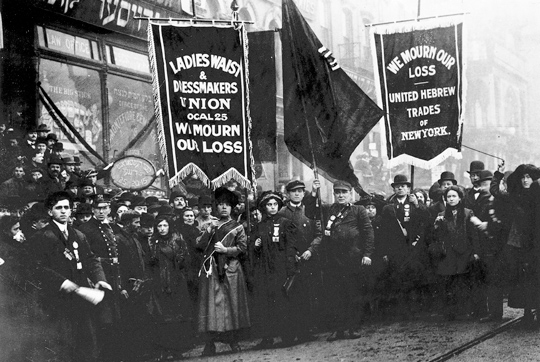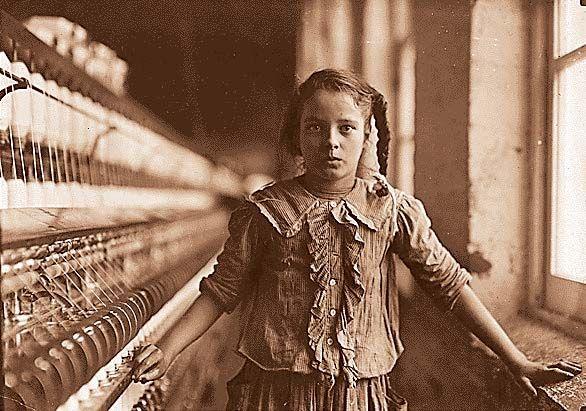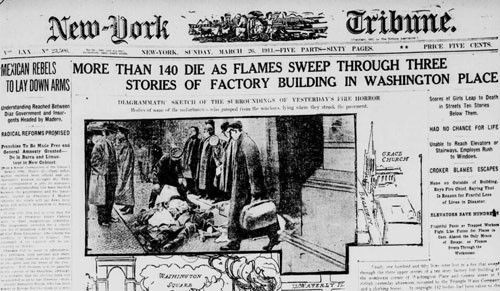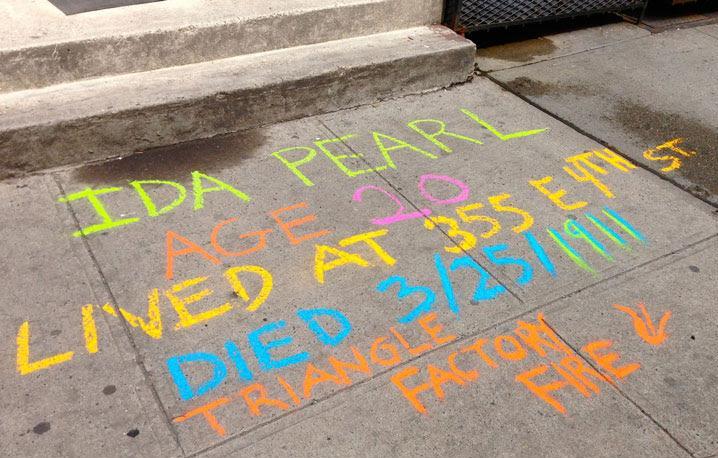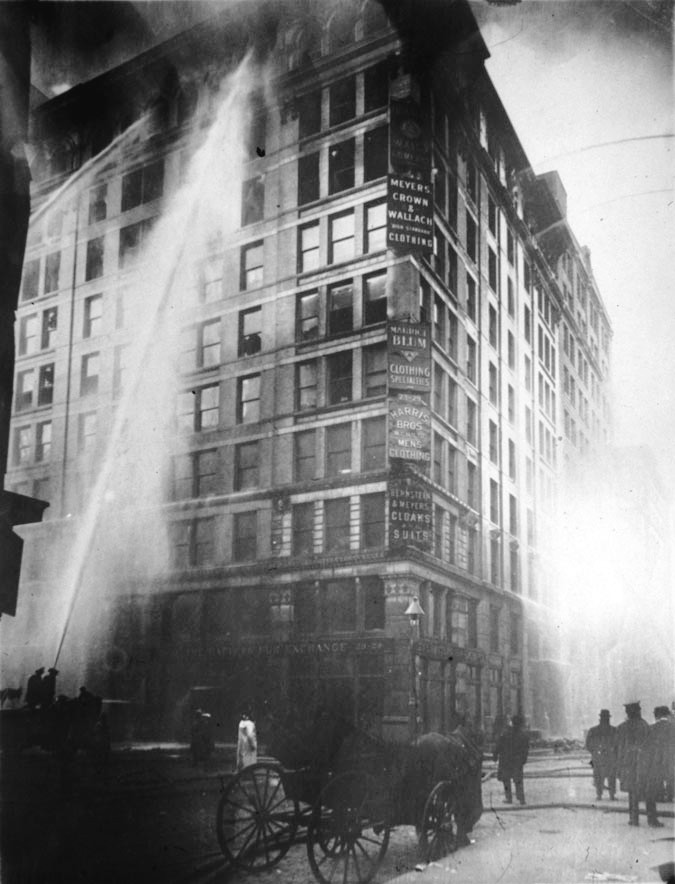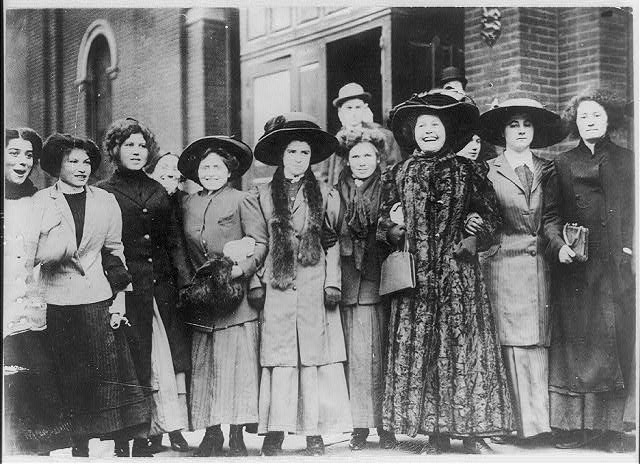
Recently I caught up with the fine folks at IRISH CENTRAL to chat about IRISH EYES, my historical fiction debut out with Lume (Joffe) Books this December 7th. Irish Central is the largest Irish culture media outlet in North America, and I’m so excited to share my fictional heroine, Rose O’Neill’s, story with its readership. Read the full interview here.

